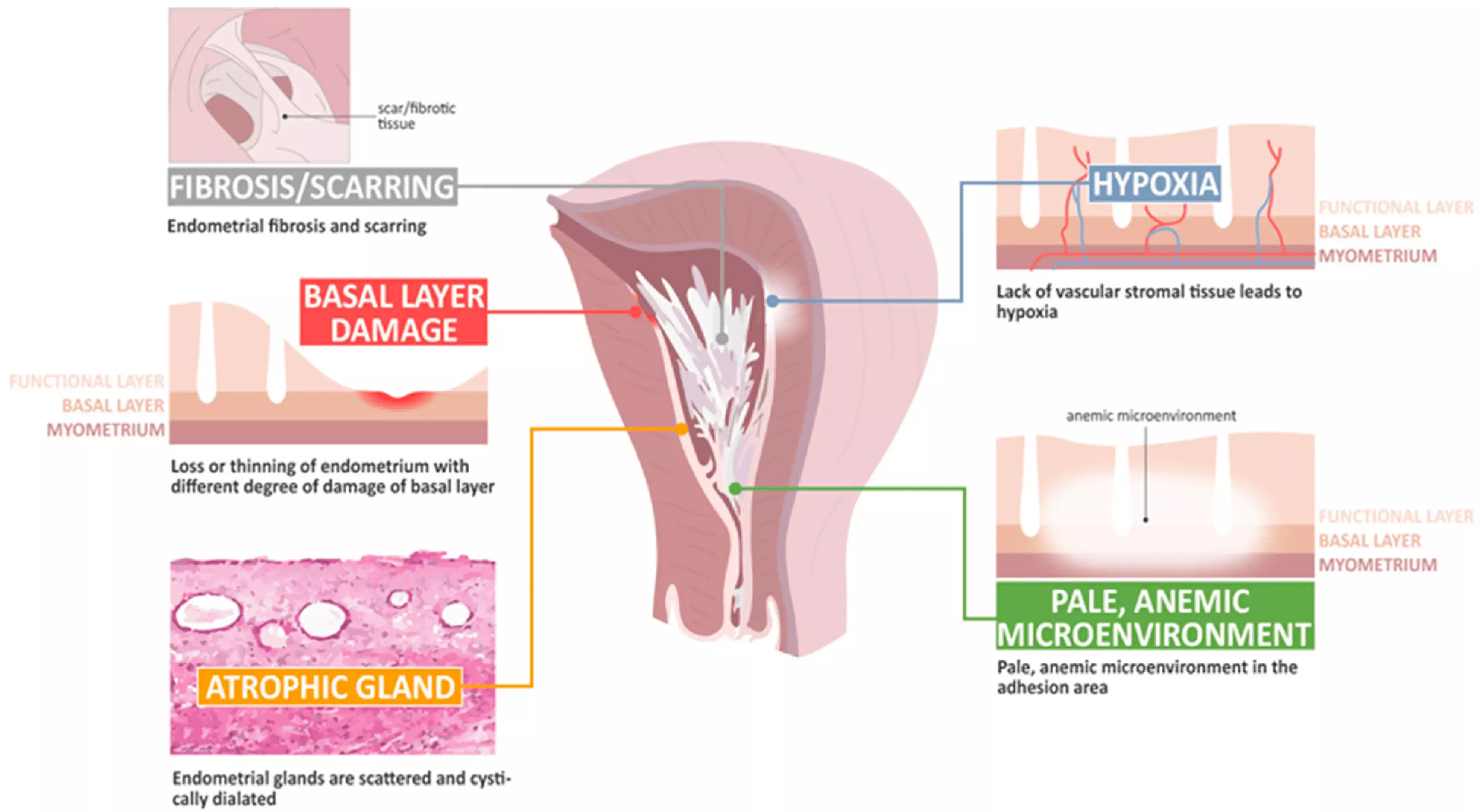- Home
- Medical news & Guidelines
- Anesthesiology
- Cardiology and CTVS
- Critical Care
- Dentistry
- Dermatology
- Diabetes and Endocrinology
- ENT
- Gastroenterology
- Medicine
- Nephrology
- Neurology
- Obstretics-Gynaecology
- Oncology
- Ophthalmology
- Orthopaedics
- Pediatrics-Neonatology
- Psychiatry
- Pulmonology
- Radiology
- Surgery
- Urology
- Laboratory Medicine
- Diet
- Nursing
- Paramedical
- Physiotherapy
- Health news
- Fact Check
- Bone Health Fact Check
- Brain Health Fact Check
- Cancer Related Fact Check
- Child Care Fact Check
- Dental and oral health fact check
- Diabetes and metabolic health fact check
- Diet and Nutrition Fact Check
- Eye and ENT Care Fact Check
- Fitness fact check
- Gut health fact check
- Heart health fact check
- Kidney health fact check
- Medical education fact check
- Men's health fact check
- Respiratory fact check
- Skin and hair care fact check
- Vaccine and Immunization fact check
- Women's health fact check
- AYUSH
- State News
- Andaman and Nicobar Islands
- Andhra Pradesh
- Arunachal Pradesh
- Assam
- Bihar
- Chandigarh
- Chattisgarh
- Dadra and Nagar Haveli
- Daman and Diu
- Delhi
- Goa
- Gujarat
- Haryana
- Himachal Pradesh
- Jammu & Kashmir
- Jharkhand
- Karnataka
- Kerala
- Ladakh
- Lakshadweep
- Madhya Pradesh
- Maharashtra
- Manipur
- Meghalaya
- Mizoram
- Nagaland
- Odisha
- Puducherry
- Punjab
- Rajasthan
- Sikkim
- Tamil Nadu
- Telangana
- Tripura
- Uttar Pradesh
- Uttrakhand
- West Bengal
- Medical Education
- Industry
Hyaluronic acid may reduce incidence of intrauterine adhesions and improve fertility outcomes after intrauterine surgery: Study

Hyaluronic acid may reduce the incidence of intrauterine adhesions and improve fertility outcomes after intrauterine surgery suggests a study published in the American Journal of Obstetrics & Gynecology.
This study aimed to determine the efficacy and safety of hyaluronic acid gel for the prevention of intrauterine adhesions and improved fertility after intrauterine surgery. Randomized controlled trials that reported intrauterine adhesion and fertility outcomes among women who used hyaluronic acid after intrauterine surgery. The risk of bias was assessed using criteria of the Cochrane Handbook, and the quality of the evidence was evaluated using the Grades of Recommendation, Assessment, Development, and Evaluation system. The Preferred Reporting Items for Systematic Reviews and Meta-Analyses guidelines were followed. A trial sequential analysis was conducted to assess the outcomes, and Stata 14 was used for sensitivity analyses and publication bias analyses. Results: Data from 16 randomized controlled trials involving 2359 patients were extracted and analyzed.
The analysis revealed that hyaluronic acid reduced the incidence of intrauterine adhesion (risk ratio, 0.53; 95% confidence interval, 0.42–0.67; I2=48%) and improve pregnancy rates (risk ratio, 1.24; 95% confidence interval, 1.02–1.50; I2=0%). A subgroup analysis was conducted to evaluate factors that influence the effect of hyaluronic acid on the incidence of intrauterine adhesion. It was found that a small volume of hyaluronic acid reduced the incidence of intrauterine adhesions. Hyaluronic acid exhibited a protective effect among patients who underwent various intrauterine surgeries and who had different gynecologic medical histories. The protective effect was statistically significant after a follow-up of 6 to 12 weeks. The results of the trial sequential analysis indicated that the effect of hyaluronic acid on the incidence of mild intrauterine adhesions, pregnancy rates, live birth rates, and miscarriage rates after intrauterine surgery may be inconclusive and thus further evaluation is required in the form of additional clinical trials. However, the remaining effects were found to be verifiable and did not require more clinical trials for confirmation. Hyaluronic acid can safely and effectively reduce the incidence of intrauterine adhesions and may improve fertility outcomes.
Reference:
Luo Y, Sun Y, Huang B, Chen J, Xu B, Li H. Effects and safety of hyaluronic acid gel on intrauterine adhesion and fertility after intrauterine surgery: a systematic review and meta-analysis with trial sequential analysis of randomized controlled trials. Am J Obstet Gynecol. 2024 Jul;231(1):36-50.35. doi: 10.1016/j.ajog.2023.12.039. Epub 2024 Jan 6. PMID: 38191020.
Dr. Shravani Dali has completed her BDS from Pravara institute of medical sciences, loni. Following which she extensively worked in the healthcare sector for 2+ years. She has been actively involved in writing blogs in field of health and wellness. Currently she is pursuing her Masters of public health-health administration from Tata institute of social sciences. She can be contacted at editorial@medicaldialogues.in.
Dr Kamal Kant Kohli-MBBS, DTCD- a chest specialist with more than 30 years of practice and a flair for writing clinical articles, Dr Kamal Kant Kohli joined Medical Dialogues as a Chief Editor of Medical News. Besides writing articles, as an editor, he proofreads and verifies all the medical content published on Medical Dialogues including those coming from journals, studies,medical conferences,guidelines etc. Email: drkohli@medicaldialogues.in. Contact no. 011-43720751


